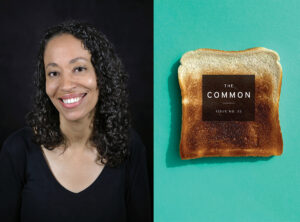Film by EMELIE MAHDAVIAN
Review by HANNAH GERSEN

In recent years, female filmmakers have been carving out a space for themselves in the American West, redefining a genre and a place that is has historically been depicted as the terrain of lonely male cowboys and vigilantes. There have been period pieces like Jane Campion’s The Power of the Dog, and Kelly Reichardt’s Meek’s Cutoff and First Cow, as well as contemporary stories set in the west, such as Chloe Zhao’s The Rider and Nomadland, and Reichardt’s Certain Women. These films bring a new realism to the western as they widen the lens to center female characters and to incorporate themes of friendship, romance, and community.

















